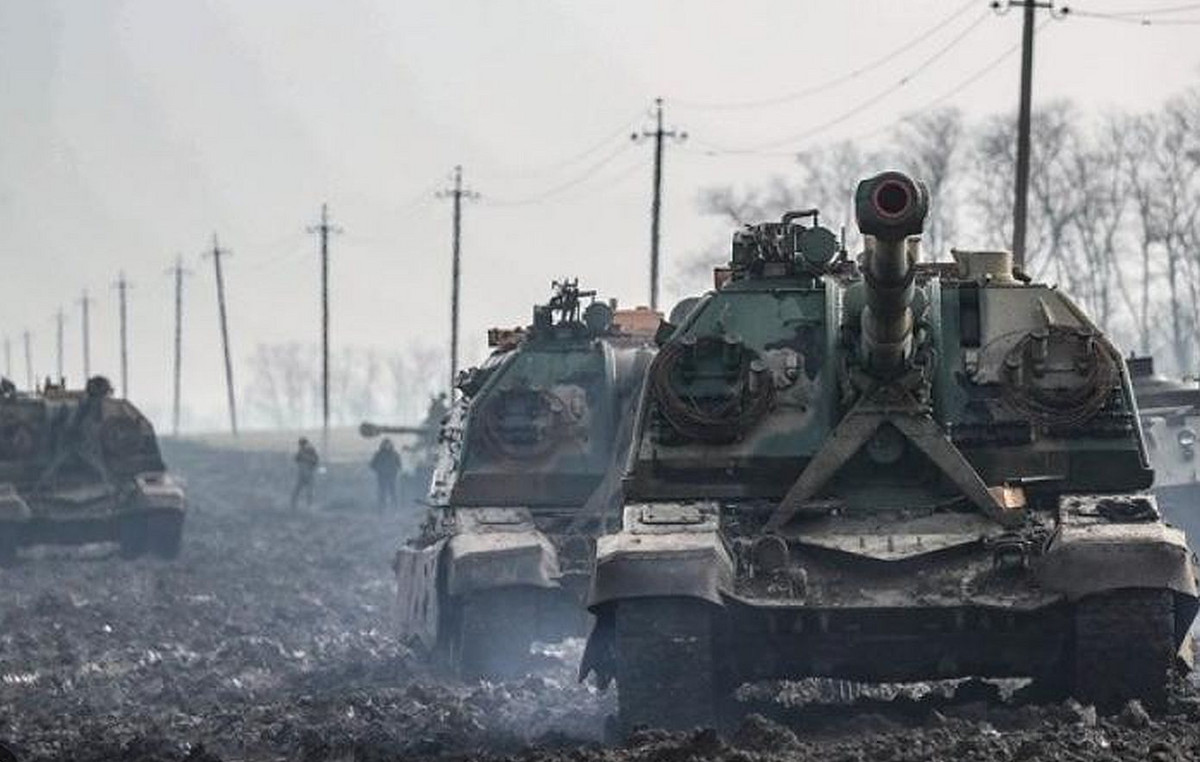A key investment argument for bitcoin is deteriorating as geopolitical uncertainty and rising inflation hit cryptocurrency prices, according to CNBC.
The price of bitcoin fell to a two-week low on Tuesday after Russian President Vladimir Putin ordered troops to be sent to Donetsk and Lugansk, two breakaway regions in eastern Ukraine, shortly after recognizing them as independent.
Bitcoin is often referred to as “digital gold” by its proponents. The term refers to the idea that bitcoin can provide a value similar to gold, which is not related to other financial markets, such as stocks.
Proponents of bitcoin also see cryptocurrency as a “safe haven” asset that can hedge against global financial uncertainty and rising prices, which weaken the purchasing power of currencies such as the US dollar.
With inflation at historically high levels, one would expect that it would be time for bitcoin to shine. US consumer prices rose last month to their highest level since February 1982, according to the Labor Department.
By contrast, cryptocurrency has lost almost half of its value since reaching a record high of nearly $ 69,000 last November. This has led analysts to question whether its status as “digital gold” is still valid.
“Bitcoin is still early in its maturity curve to be firmly in the ‘digital gold’ category,” Vijay Ayyar, vice president of corporate development and international operations at the Luno cryptocurrency exchange, told CNBC.
Safe haven or risky asset?
The latest losses for bitcoin coincided with the fall of international markets, with the S&P 500 closing Tuesday’s session in corrective territory. The price of bitcoin is increasingly following the movements in the stock market, with the correlation between bitcoin and the S&P 500 growing steadily.
Analysts say cryptocurrencies have become more closely linked to other speculative market segments, such as tech stocks, which are falling amid fears that high valuations may fall as the US Federal Reserve and other central banks begin to raise interest rates. interest rates and reduce the huge packages of their fiscal measures.
“The correlation between cryptocurrencies and stocks has been high in recent months in both inflation-related macroeconomic news and the Russia-Ukraine geopolitical situation,” Chris Dick, a B2C2 trader, told CNBC.
“This correlation shows that bitcoin is consistently behaving as a risky asset right now and not as the safe haven that was advertised a few years ago,” he added.
In fact, gold has indeed outperformed bitcoin lately. Spot prices for the precious metal reached their highest level since Tuesday, June 1, climbing up to $ 1,913.89 per ounce.
“Bitcoin, the asset that is supposed to be the answer to every question, has quietly weakened and lags far behind gold,” said John Roque, executive at 22V Research.
“We expect bitcoin to return to 30,000 and then fall further and we continue to expect gold to reach a new record high,” he added.
The fall of Bitcoin has sparked talk of a protracted bear market known as “Crypto winter”. The last such phenomenon took place in late 2017 and early 2018, when bitcoin fell by up to 80% from the then record close to $ 20,000.
However, not all analysts are convinced that the recent fall in cryptocurrencies is indicative of a “Crypto winter”, as many say market conditions have changed. There are now many institutions that own bitcoin, which, according to experts, is one reason why it has become more closely correlated with stocks.
“The adoption of cryptocurrencies by investors from traditional asset classes is the driving force behind the bitcoin correlation with stocks,” said Dick of B2C2. However, he added: “This correlation can be broken at any time, given the different fundamentals for each market.”
To compete more effectively with gold, bitcoin must achieve wider adoption, according to Luno’s Ayyar.
Right now, according to investing.com, bitcoin is gaining 2.79% in the last 24 hours and is moving at $ 38,951.5. However, for the last few days, it has fallen 10.79%.
Source: Capital
I am Sophia william, author of World Stock Market. I have a degree in journalism from the University of Missouri and I have worked as a reporter for several news websites. I have a passion for writing and informing people about the latest news and events happening in the world. I strive to be accurate and unbiased in my reporting, and I hope to provide readers with valuable information that they can use to make informed decisions.







